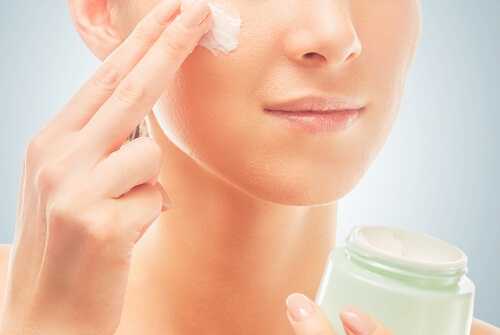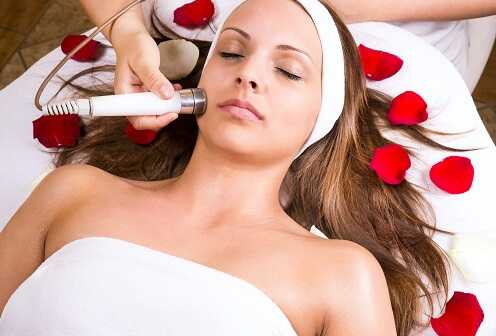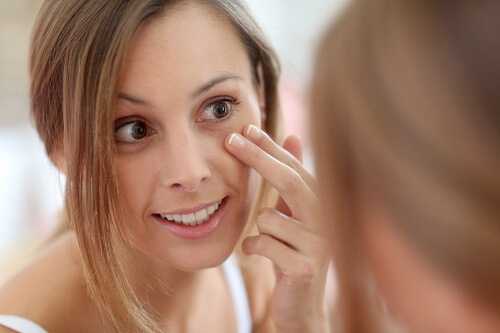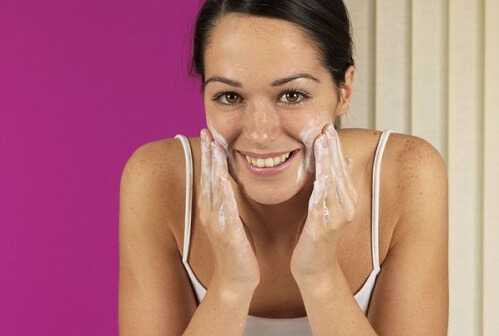Whether you’ve been suffering with acne since you were a young teenager or young adult, or you haven’t had a zit in 10 years, acne scars are troubling all the same. You can’t go back in time and stop yourself from popping a pimple that caused that big scar on your forehead, but there may be other options to treat those acne scars. Sure, you should consult your dermatologist before trying out any tips. They will definitely find the best solution for you.
1. Prevent scars from the beginning
If you still have acne now, your best option is to prevent the scars in the first place. Never pop, squeeze, or pick at a pimple or scab. Popping one once in a while might not result in scarring, but you will never know until it heals. Use a good skincare routine to heal and prevent acne. Keep your skin moisturized and use antibacterial products to prevent infections.
2. Cortisone fade creams
Cortisone is used to help reduce redness and itchiness. It is also used in fade creams to diminish scars. A product such as Scarguard can help reduce scarring with new wounds or pimples, or it can help reduce the appearance of old scars. It is expensive, but many surgeons use it to help improve healing among their patients. Consult your doctor before using any cortisone fade cream.
3. Laser treatments
If you’re serious about getting rid of scars, laser treatment is probably one of the most effective options. There are several different types of laser treatments used for scars. Some only treat 15 to 20% of the skin but with nearly the same results as a laser that treats the entire scar. Lasers can sometimes be accompanied with pain, but they are most effective at smoothing out the skin.
4. Filler treatments
Some scars are raised above the level of the skin, and others pit deep into the skin. Dermal fillers are often used to fill in scar tissue. The problem with filler treatments is that they are temporary. You must continue to use the product to maintain the results. However, it is usually a less expensive option than laser treatments.
5. Time
Some scars will go away with time. Small scars can take months or years to fade completely. Red scars will usually fade to skin color over time even if it doesn’t disappear altogether. Keep moisturizing your skin and let time do its work. If needed, consult your dermatologist to find the best way to reduce red scars.
Read also – 10 Tips for Dealing with Adult Acne
6. Mederma
Mederma is ideal for new scars, but it can be used to help reduce the appearance of old scars as well. If Mederma is applied regularly, it can reduce redness and discoloration, and it can reduce the amount of scar tissue that forms on the skin. Again, consult your doctor before using it.
7. Moisturize
Moisturizing with a lotion full of healthy ingredients such as aloe vera or shea butter can help reduce the appearance of scars, albeit not as much as a dermal filler. Keep the skin moist while acne heals to reduce the possibility for scarring. Old scars will likely not be affected by moisturizing. Drinking more water is more important because it moisturizes the skin from the inside out. Cocoa butter is another moisturizer known for its possibility to reduce stretch marks. Stretch marks are just another form of scar tissue similar to acne scars.
8. Bio Oil
Bio Oil is a product that many people swear by. It’s fairly inexpensive and can be applied to your skin once or twice a day. Some people say it has faded acne scars and sun spots. Even if it doesn’t fade scars, it will moisturize your skin. Bio Oil is often difficult to find in drugstores and may need to be purchased online.
9. Scrubs
Your skin is constantly regenerating skin cells. If the old skin cells sit on top of the new skin, your skin will look dull. Using a gentle scrub will peel away the top layer revealing what is underneath. Just as acne scars can fade over time, scrubs can help speed up the process by revealing the new skin underneath.
10. Nutrition
Nutrition is the most important aspect of acne scar treatment. Your skin needs certain nutrients in order to rebuild new, fresh skin to replace the scar tissue. Take a multivitamin everyday that has plenty of B vitamins necessary to rebuild skin. Include foods in your diet high in omega 3s such as grass fed meats, wild caught fish, and coconut oil. Eat lots of vegetables and drink 64 ounces of water every day. Add gelatin and copper to your diet. It will help rebuild your skin and can help heal scar tissue.
Read also – 10 Foods to Eat Every Day for Perfect Skin
The most effective way to reduce acne scars is to prevent them in the first place, but that isn’t always possible. If a scar forms, attack it right away. A final option for old scars is laser treatments. If scars are still visible and uncomfortable for you, consider covering them up with makeup. Maintain a healthy diet to give your body the best chance of healing and recovery, and try to consult your doctor as often as possible.











